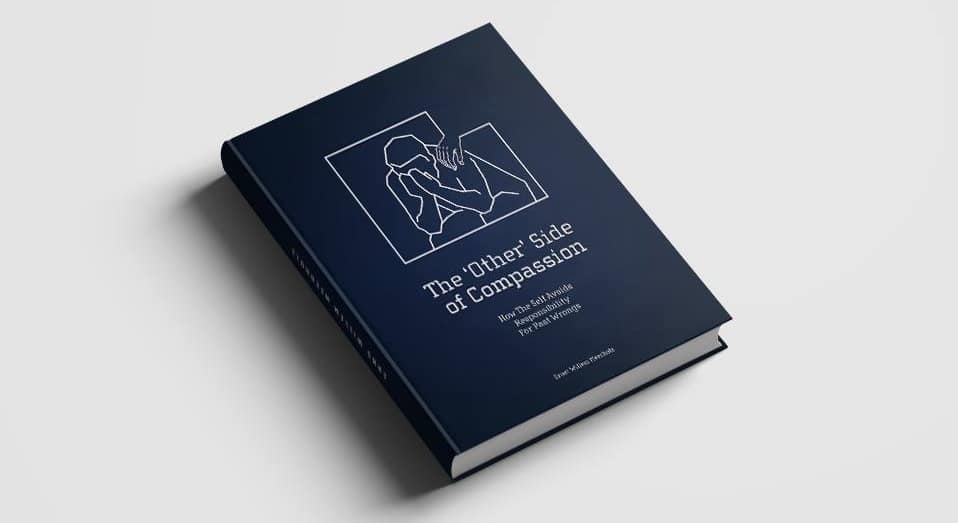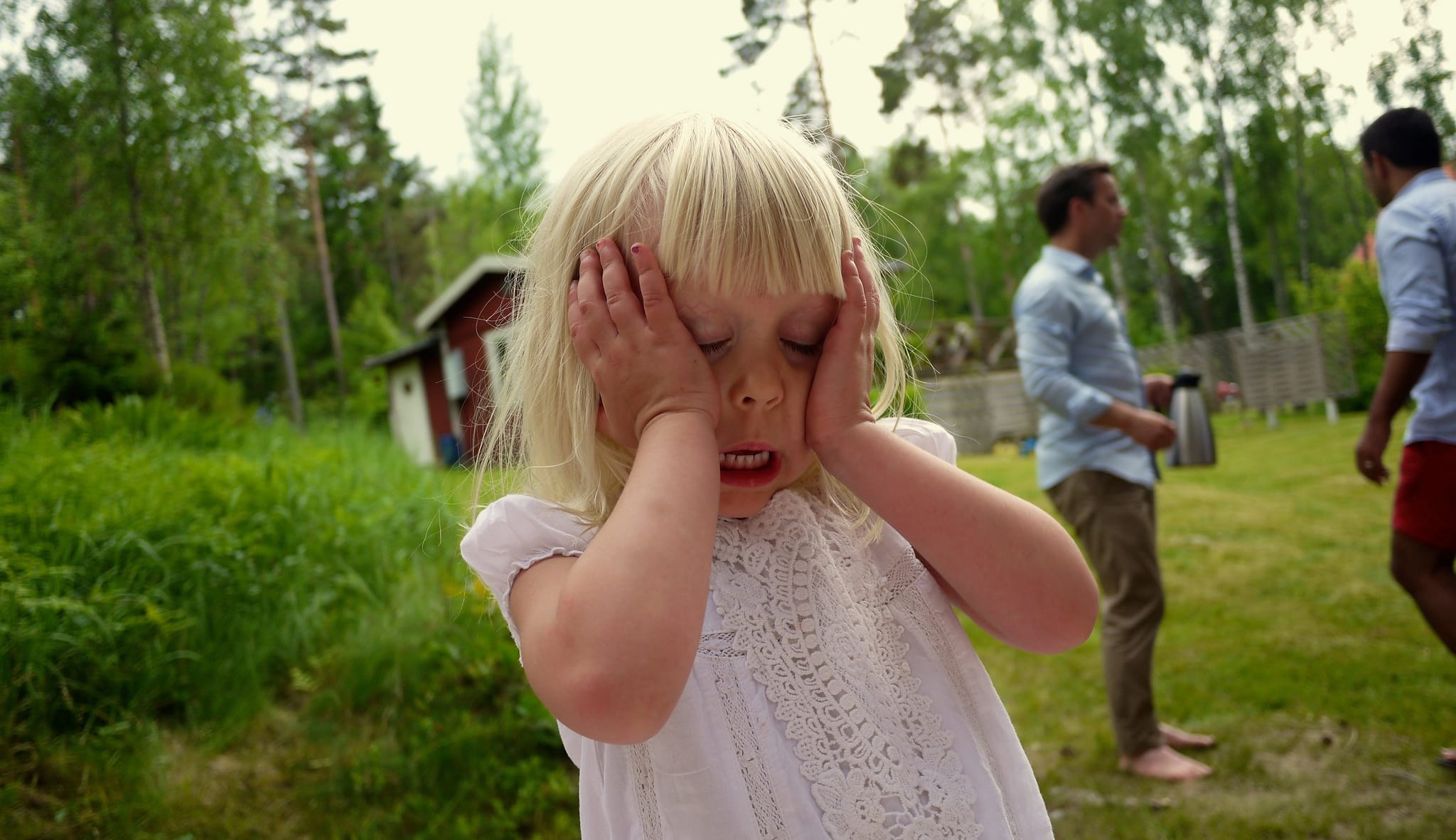Psychopathic leaders have emotions, too! But how do they express them – and what does this do with their subordinates? This blog post is a short reflection on a paper about the use and effects of emotion regulation strategies in relation to leader psychopathy written by Barbara Wisse, Ed Sleebos, and Anita Keller.
Virginial Pallante, a visiting researcher from the Netherlands Institute for the Study of Crime and Law Enforcement, explains how ethology intersects with the social sciences. Through a primatological lens, Virginia examines human behavior during conflicts, exploring the role of emotions and bystander responses. Her interdisciplinary approach not only enriches the understanding of human behavior but also emphasizes the necessity of collaborative work in addressing complex societal questions.
Healthcare workers face high emotional demands at work, which are even higher during the current Corona crisis. Susanne Scheibe reflects on the role of age in maintaining well-being at work and notes that younger healthcare workers may be especially at risk for exhaustion.
Why do some words have more power than others? And why do we sometimes feel meanings, instead of just thinking them? Here, dr Jeremy Burman reflects on the meaning of “I love you” as a way to wrestle with these questions.
Second-year Psychology students participating in the University Honours College follow a workshop on Blogging Science, in which they learn to communicate science to the general public, by means of informing, giving an opinion, and relating issues in science to issues in society. This year a selection of these written blog posts is published on Mindwise. Today’s post […]
Detached from its original adaptive function, disgust can be experienced in response to one’s body fat and other bodily aspects. Facilitated by a prevailing objectification of female bodies in today’s society, the experience of disgust towards one’s own body may help to understand why body image disturbances are so persistent.
Compassion has previously been shown to trigger positive feelings and a desire to help others. But there may be more to it. Monday January 29th, dr. Wim Meerholz defended his dissertation in which he explains that compassion needs not have only positive effects.
Lea Benarey is a German second year psychology student at the RUG. Her main interests lie in the fields of developmental psychology and neuropsychology. She is fascinated about the way people with mental and physical problems experience everyday life. Currently, her main passion lies in the domain of deaf communication.
Frustration is our emotional response to unexpected non-reward. Frustration has an energizing effect that can catalyze a broad range of outcomes, either good or bad. It is therefore important to learn to effectively deal with frustration.
Do you think that taking your glass wine bottles to the recycling bin is an unpleasant hassle? Think again! This Thursday, September 29th, Leonie Venhoeven will defend her dissertation in which she demonstrates how pro-environmental behavior like recycling may actually make people feel good.









